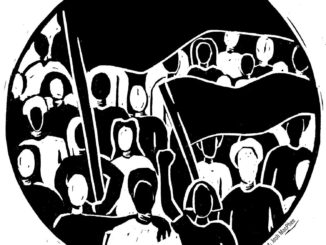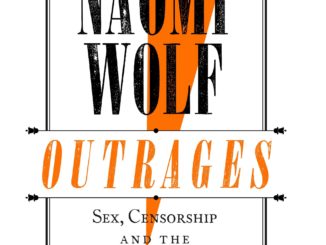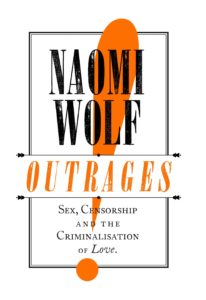
Re-Wildeing Anarchism
An essay on the writing of Oscar Wilde, anarchism and pitfalls of puritainism.

An essay on the writing of Oscar Wilde, anarchism and pitfalls of puritainism.

Just as he had lived a double life, Oscar Wilde was destined to a double afterlife.

Naomi Wolf loves suppressed books; she loves them so much that she’s managed to suppress her own. One way of extinguishing a brilliant idea is to smother it under an enormous quantity of misinformation. Another is to discredit the author. In her new book Outrages: Sex, Censorship, and the Criminalization of Love, Wolf seems to have accomplished both.

The signal error, grabbing headlines immediately upon the book’s release, was her claim that “several dozen” men inVictorian England were executed for sodomy. They were not: the last were hanged in 1835. Wolf’s error was the result of an understandable but embarrassing misreading of the legal arcana: taking “death recorded” to indicate a completed execution rather than the mere documentation of a formal sentence that the judge expected to see commuted. The goof was made known to Wolf in a most public way, in the midst of a BBC interview. This led to the recall of the first British printing and the delayed release of the US edition. Some observers took the opportunity to soak in the schadenfreude, but I suspect a larger number started quietly humming “There but for Fortune.” I know I did.

George Orwell's relationship to the Left was complicated while he lived, and only grew more so after his death. Always determined to find out what he himself thought, rather than align with a particular party or doctrine, his criticism spared neither enemies nor allies. He both denounced and was denounced by the Communist Party, and he traded public jabs with pacifists and anarchists, remaining all the while a steadfast opponent of capitalism, imperialism, and all forms of totalitarianism.

A manifesto by George Orwell, published in a recent book on the British author, argues that democracy and socialism are not merely two desirable and complementary ideals, but are, or ought to be, the same thing -- that socialism is simply the extension of democratic principles into the economic life of the society.

The Occupy movement is more than five years in the past, and its legacy is mainly one of frustration. But there is still much to be gained from those few tense weeks.
Copyright Toward Freedom 2019